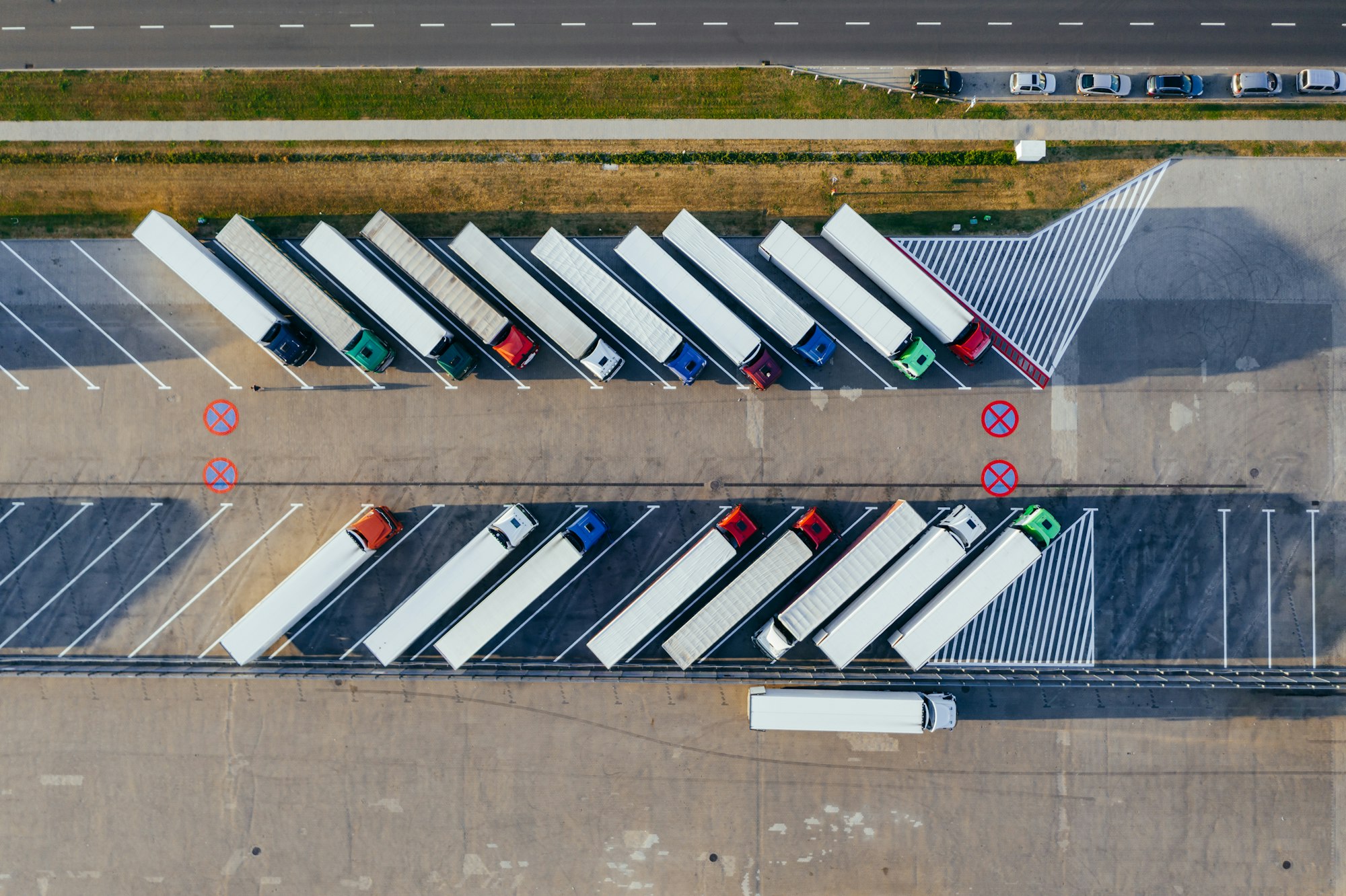India's rice trade at risk in Red Sea attacks

India's lucrative rice trade is at risk due to repeated attacks by Iran-backed Houthi rebels on ships in the Red Sea since November 2023. This threatens India's basmati rice exports worth USD$3.97 billion. India is concerned about the impact on global supply chains and trade, with rising shipping costs affecting various industries. The situation has led to fears of price increases and disruptions in imports and exports.
Source: Link
India's Rice Trade at Risk in Red Sea Attacks - FAQs
Frequently Asked Questions (FAQs) with Answers:
Q: What is the threat to India's rice trade in the Red Sea region?
A: India's rice trade is reportedly at risk due to attacks in the Red Sea. The Red Sea is a critical transit route for Indian rice exports, and any instability or conflict in the region can disrupt shipping routes, leading to potential delays or losses in trade. (Source: en.setopati.com)
Q: Which countries are predominantly affected by the Red Sea attacks?
A: The Red Sea attacks can impact various countries, including those bordering the Red Sea such as Saudi Arabia and Egypt. As India trades extensively via the Red Sea route, it is also significantly affected. (Source: www.orfonline.org)
Q: Who brokered the recent cease-fire that was supposed to include a halt to the hostilities in the region?
A: The recent cease-fire agreement was brokered by the U.S. and Qatar. However, details about when the truce would go into effect or its direct implications on the Red Sea attack risks were not clear at the time of the announcement. (Source: en.setopati.com)
Q: How critical is the rice trade to India's economy?
A: Rice is a staple food in India and a major component of the country's agricultural exports. India is one of the world's largest producers and exporters of rice, which makes the rice trade extremely critical to its economy. Any threat to this trade can have significant economic impacts. (Source: www.cmi.no)
Q: What are other significant threats to the Indian rice trade besides the Red Sea attacks?
A: In addition to geopolitical risks such as the Red Sea attacks, the Indian rice trade can also be affected by natural disasters, climate change, domestic policy changes in agriculture, global market fluctuations, and competition from other rice-exporting countries. (Source: www.mercycorps.org)
*Note: The specific details of the Red Sea attacks and their direct impact on India's rice trade from the provided links are limited. These FAQs frame a general perspective based on available information and might not be exhaustive or reflect the most recent developments. For more detailed information, it is advisable to consult the linked sources directly or to look for real-time updates on the situation.

